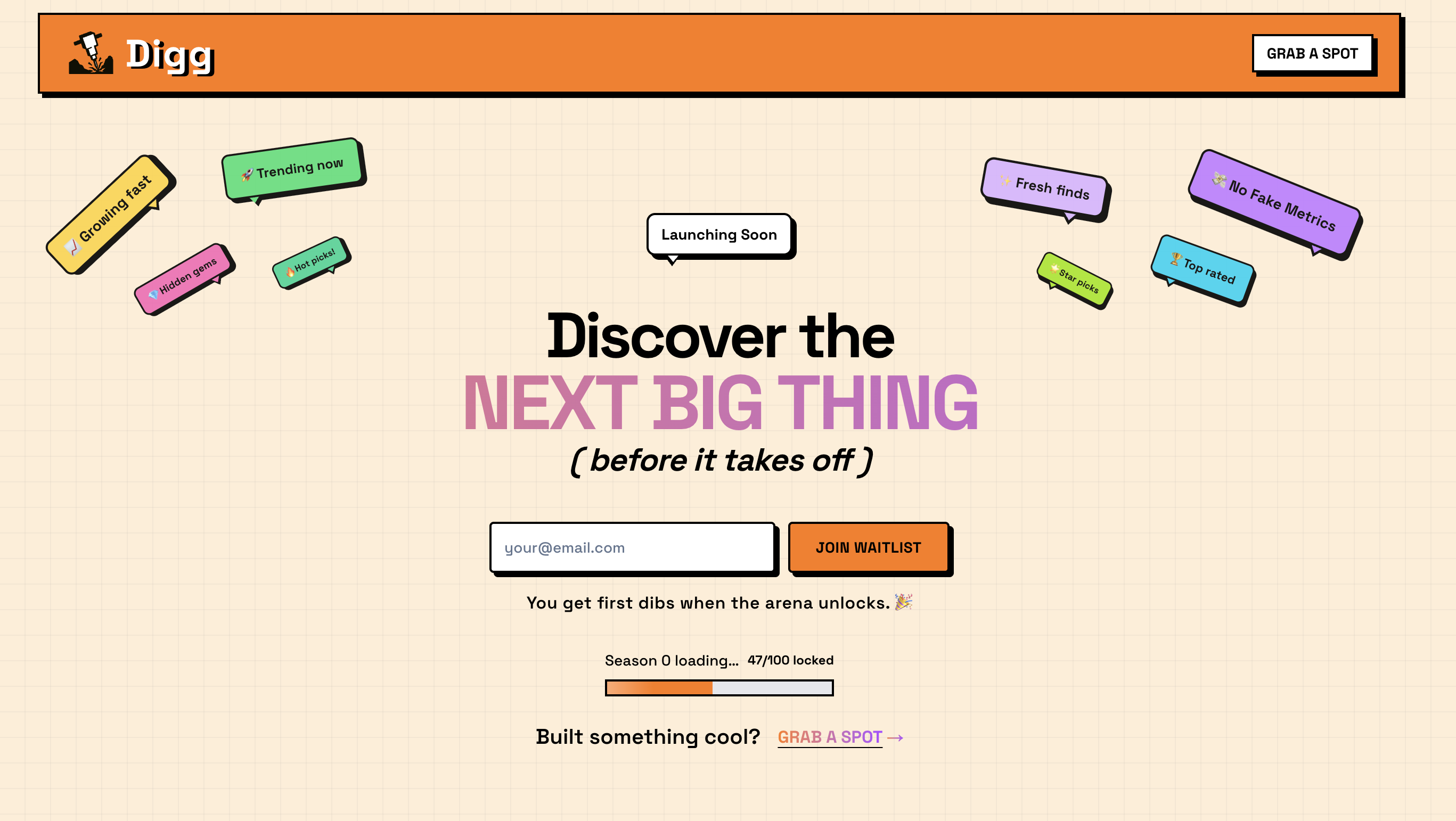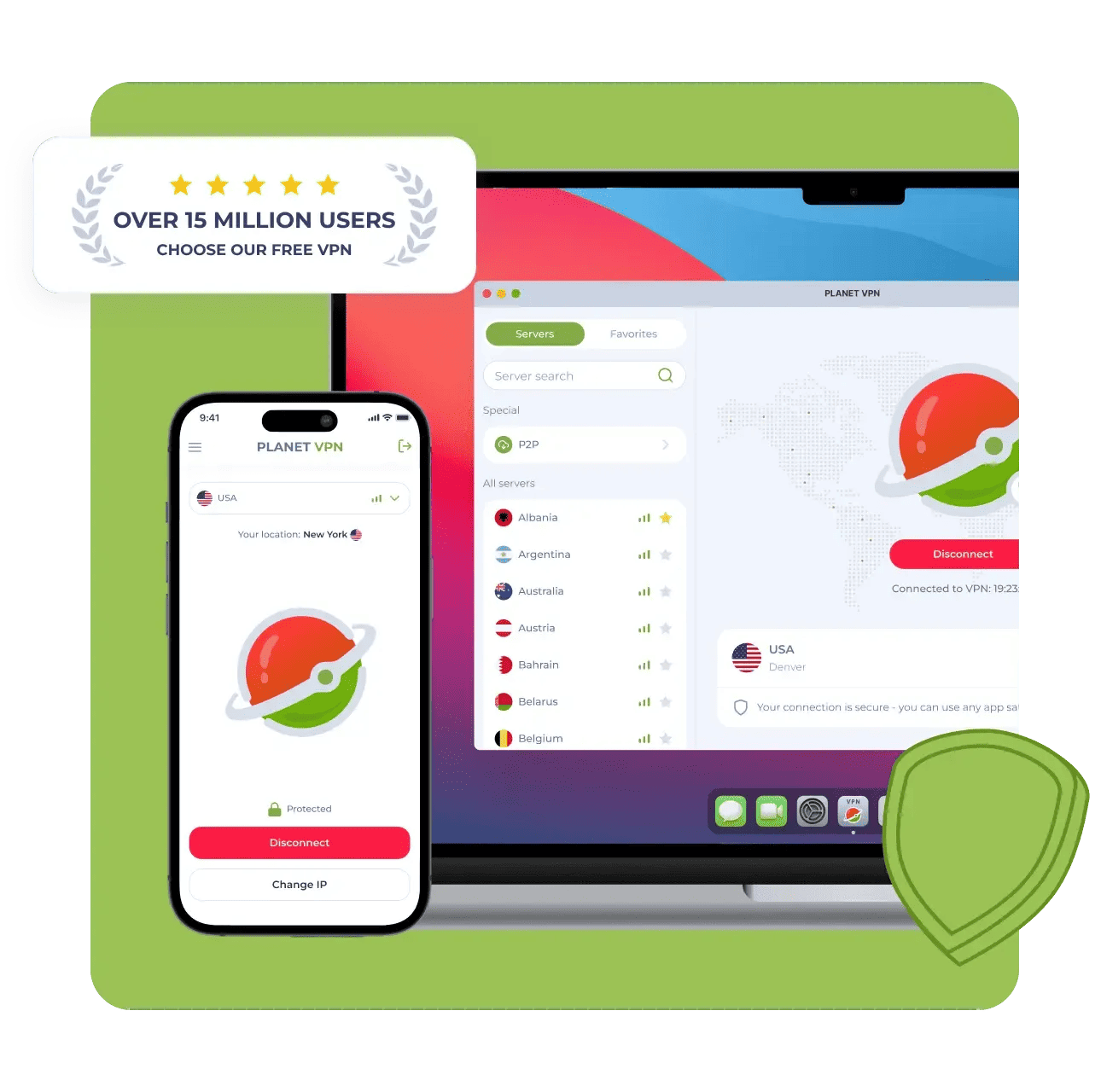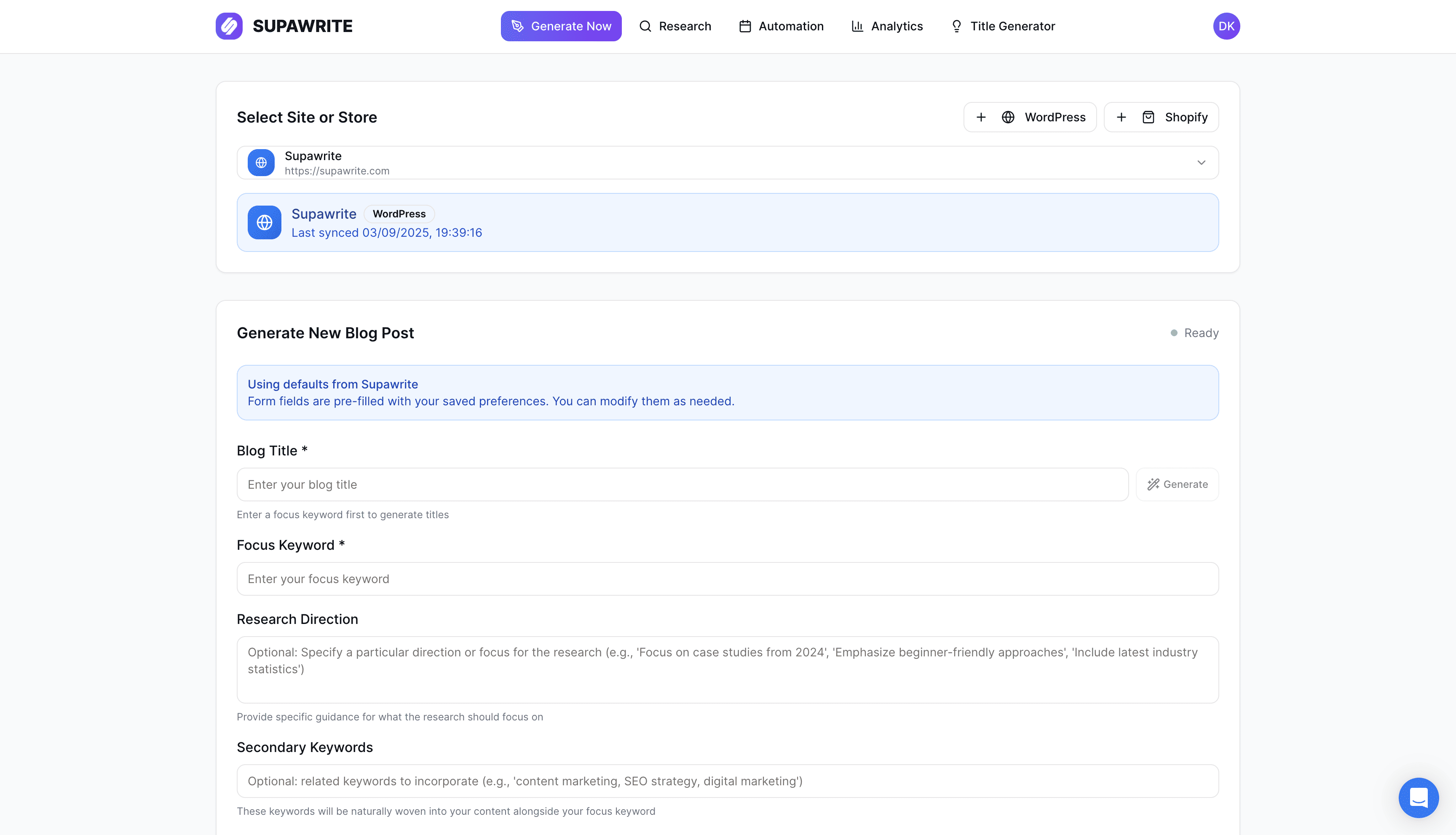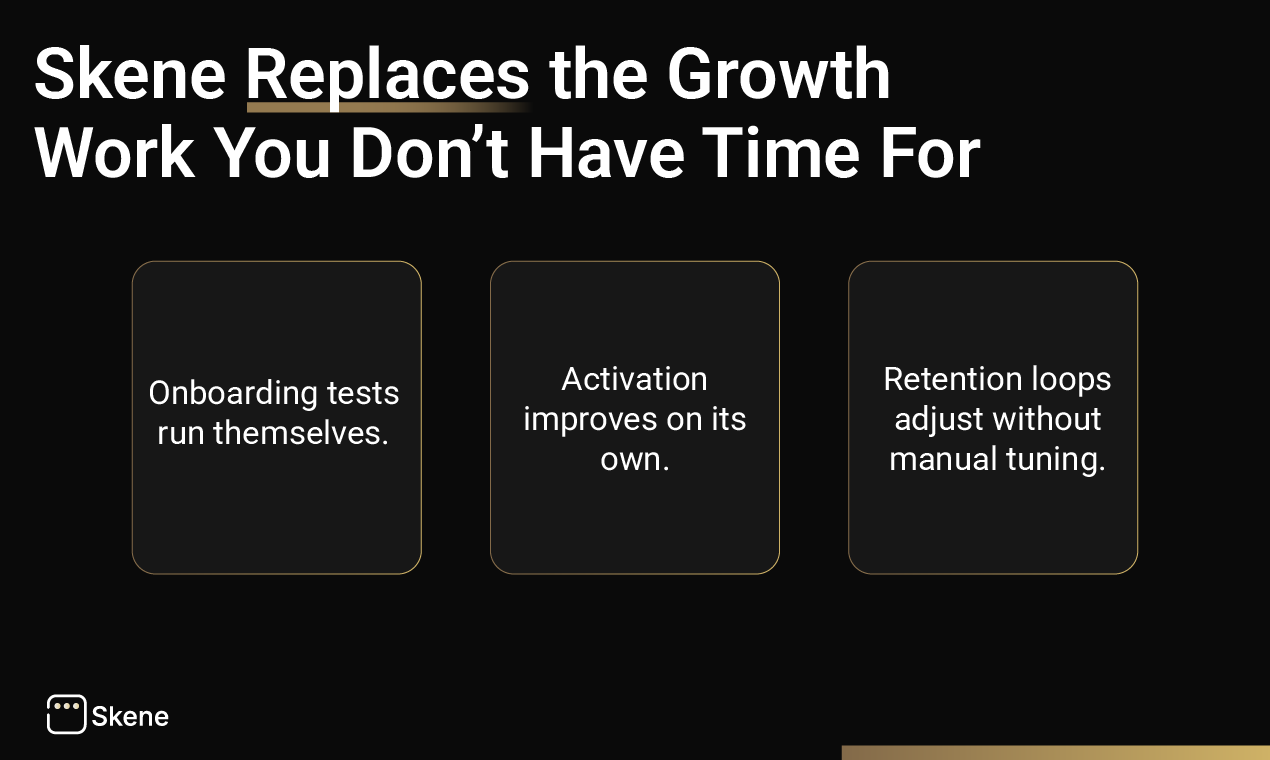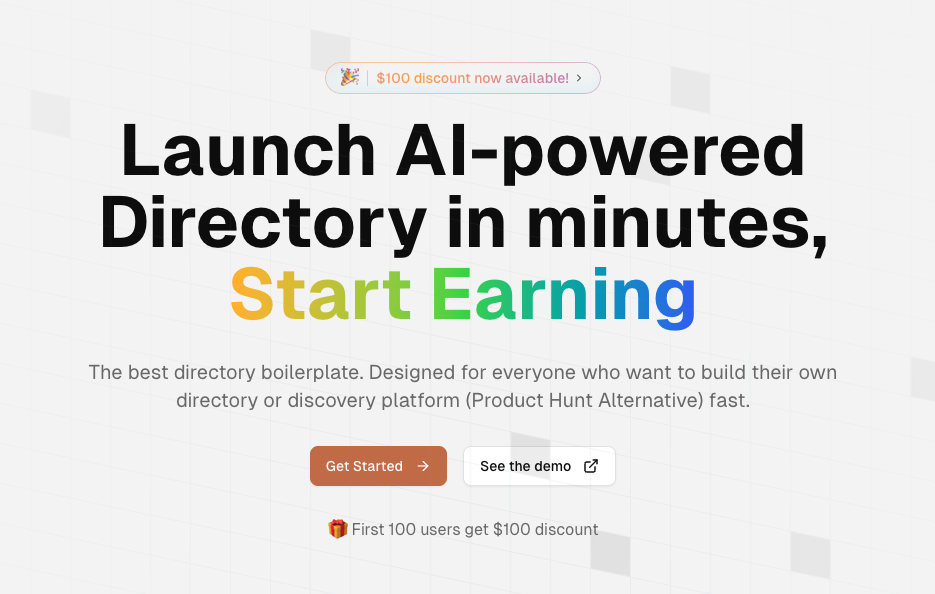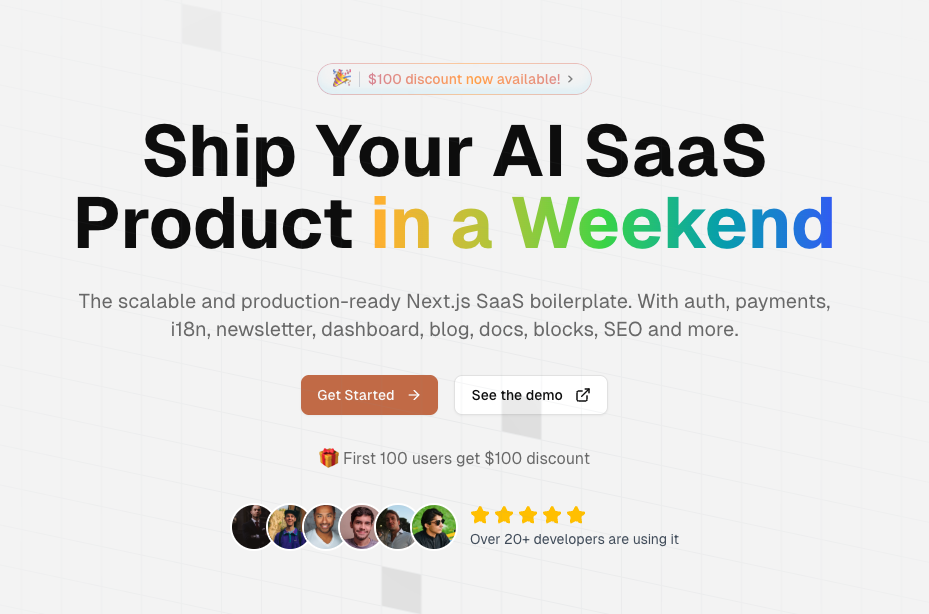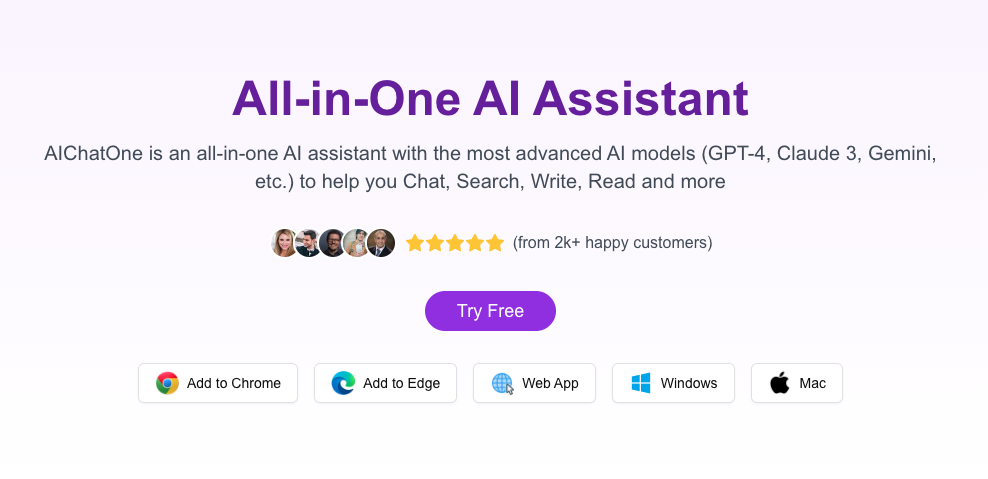SociaVault is a hypothetical SaaS solution, inferred from its domain name, designed to streamline and secure social media management and digital asset organization. Its primary purpose would be to serve as a centralized hub for creating, scheduling, publishing, and analyzing social media content, while also providing a secure vault for valuable digital assets.
The target audience for a platform like SociaVault would typically include marketing agencies, social media managers, small to medium-sized businesses, content creators, and individuals seeking to professionalize their online presence and manage multiple social profiles efficiently.
Key Features
Centralized Content Calendar: Plan and visualize all social media posts across various platforms in one intuitive calendar view.
Secure Digital Asset Management: Safely store and organize images, videos, documents, and other media files, ensuring easy access and version control.
Automated Publishing & Scheduling: Schedule posts in advance, automate publishing, and optimize timing for maximum engagement.
Performance Analytics & Reporting: Track key metrics, analyze post performance, and generate comprehensive reports to refine social media strategies.
Team Collaboration Tools: Facilitate seamless teamwork with approval workflows, role-based access, and shared content libraries.
Brand Consistency Enforcement: Maintain a unified brand voice and visual identity across all social channels with templating and asset guidelines.
Use Cases
Imagine a marketing team struggling to coordinate content across Facebook, Instagram, LinkedIn, and X (formerly Twitter). SociaVault would allow them to upload all campaign assets once, draft posts for each platform, schedule them according to a unified content strategy, and assign team members for review and approval. This eliminates the chaos of multiple spreadsheets and scattered files, ensuring every post goes out on time and aligns with brand guidelines.
Another scenario involves a small business owner who needs to manage their online presence but lacks dedicated marketing staff. SociaVault could provide an easy-to-use interface to schedule promotional content, track customer engagement, and store all their marketing visuals in one secure place. This empowers them to maintain a consistent online presence without requiring extensive technical knowledge or a large budget for multiple tools.
Pricing Information
As specific pricing information for SociaVault is not available, it is assumed to follow a typical SaaS subscription model. This would likely include tiered plans based on the number of social profiles, users, features, or storage capacity. Many similar platforms offer a free trial period to allow users to explore the features before committing to a paid subscription.
User Experience and Support
A platform like SociaVault would ideally feature a clean, intuitive user interface designed for ease of navigation and efficient workflow. Comprehensive documentation, video tutorials, and a responsive customer support team (via email, chat, or phone) would be crucial for user onboarding and ongoing assistance. The goal would be to minimize the learning curve and maximize productivity for users of all technical skill levels.
Technical Details
While the specific technical stack for SociaVault is not disclosed, a modern web-based SaaS application typically leverages robust cloud infrastructure (e.g., AWS, Google Cloud, Azure). It would likely be built using popular web frameworks (e.g., React, Angular, Vue.js for frontend; Node.js, Python/Django/Flask, Ruby on Rails for backend) and utilize scalable databases (e.g., PostgreSQL, MongoDB). API integrations with various social media platforms would be fundamental to its core functionality.
Pros and Cons
Pros:
Streamlined social media management and content scheduling.
Enhanced brand consistency and digital asset organization.
Improved team collaboration and workflow efficiency.
Data-driven insights through integrated analytics.
Potential for significant time savings for marketing professionals.
Cons:
Potential learning curve for new users adapting to the platform.
Reliance on third-party social media APIs, subject to changes.
Customization options might be limited depending on the plan.
As with any online service, potential for service interruptions (e.g., HTTP ERROR 502).
Subscription costs could be a barrier for very small businesses.
Conclusion
SociaVault, as envisioned, offers a powerful and integrated solution for modern social media management and digital asset organization. By centralizing key marketing functions, it aims to empower businesses and individuals to achieve greater efficiency and impact in their online presence. We encourage prospective users to explore its features and consider how it could transform their social media strategy.








